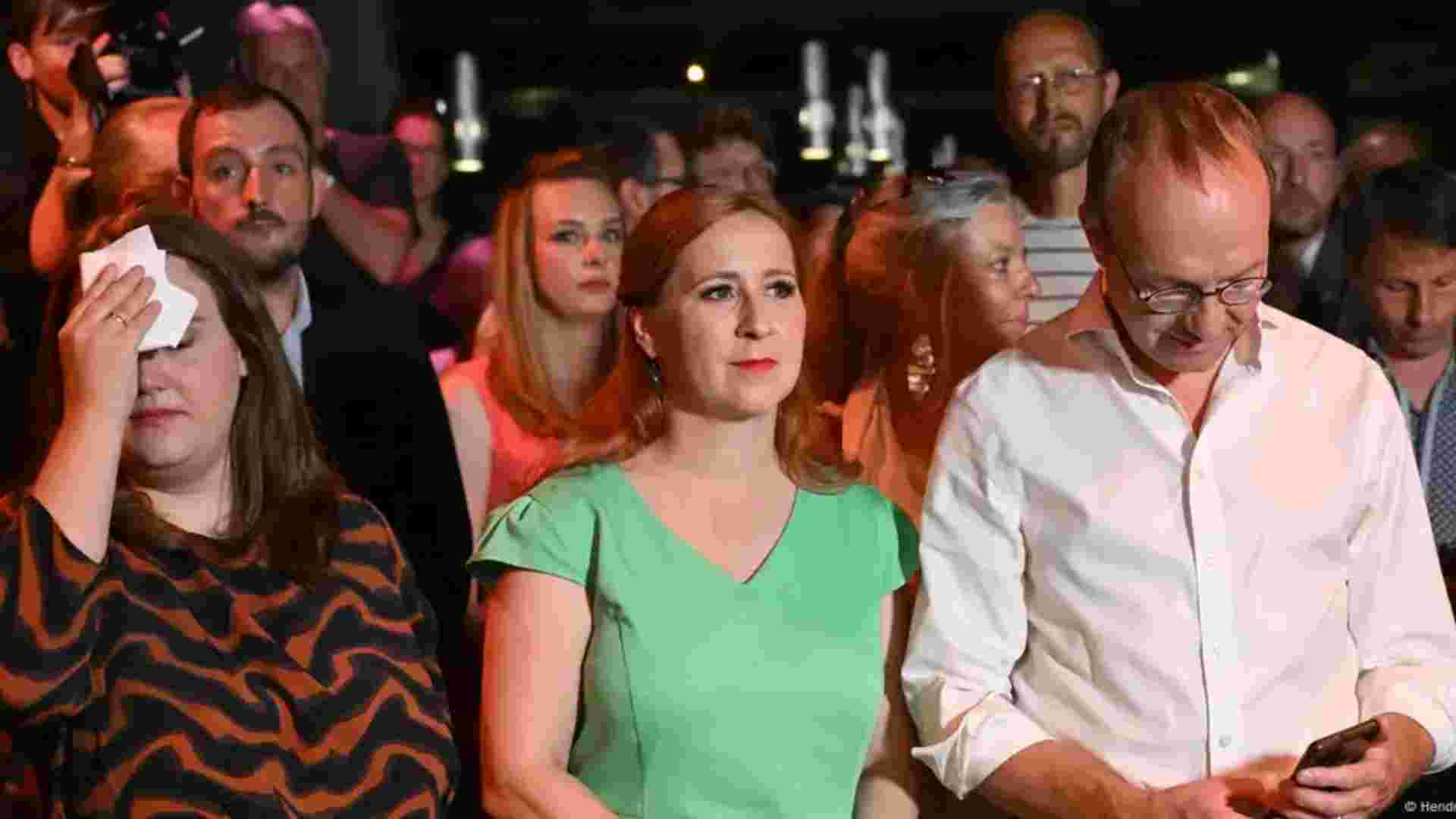In a surprising turn of events, the far-right Alternative for Germany (AfD) party has achieved significant victories in the state elections held in Saxony and Thuringia. This marks the first time that the AfD has garnered over a third of the vote in a state election. The results represent a major setback for Germany’s ruling coalition, comprised of the Social Democrats (SPD), the Greens, and the Free Democrats (FDP), whose combined vote share was surpassed by the AfD.
The newly established Sahra Wagenknecht Alliance (BSW) also made a notable debut, securing a two-digit percentage in their inaugural election. The election results have been described as disastrous for the federal coalition parties, with the Greens and FDP failing to clear the 5% threshold needed for parliamentary representation in the affected states.
The strong showing by the AfD is seen as a reaction to widespread dissatisfaction with the federal government led by Chancellor Olaf Scholz. Recent polling indicates that four out of five Germans are unhappy with the government’s performance, which is perceived as ineffective and plagued by internal disputes. Despite the government’s recent efforts to address public concerns, including a swift response to a violent incident in Solingen and announcements of stricter migration policies, voter frustration remains high.
The outcome of the elections has intensified calls from the AfD for the federal government to reconsider its position. AfD co-leader Alice Weidel characterized the results as a “punishment” for the federal government, suggesting that it might need to consider new elections if the situation does not improve.
Looking ahead, all eyes are now on the upcoming election in Brandenburg scheduled for September 22. The SPD, which has governed Brandenburg since 1990, faces a critical test. The party’s ability to retain control will be crucial for its national standing. Should the SPD struggle further, there could be increased speculation about potential leadership changes within the party, including the possibility of Defense Minister Boris Pistorius replacing Chancellor Scholz as the SPD’s candidate for the 2025 federal election.
The coalition faces several internal challenges, including disagreements over the 2025 budget and migration policy. The SPD, Greens, and FDP must navigate these issues carefully to avoid further weakening their coalition. Meanwhile, the CDU/CSU opposition is likely to ramp up pressure, advocating for stricter immigration measures and pushing for a more decisive government response to current challenges.
The recent electoral results underscore a shifting political landscape in Germany, with the far-right gaining momentum and increasing scrutiny on the federal government’s ability to address pressing issues effectively.
Read More: Rise Of AfD In Germany: Party Set To Win First State Poll Since WW2




